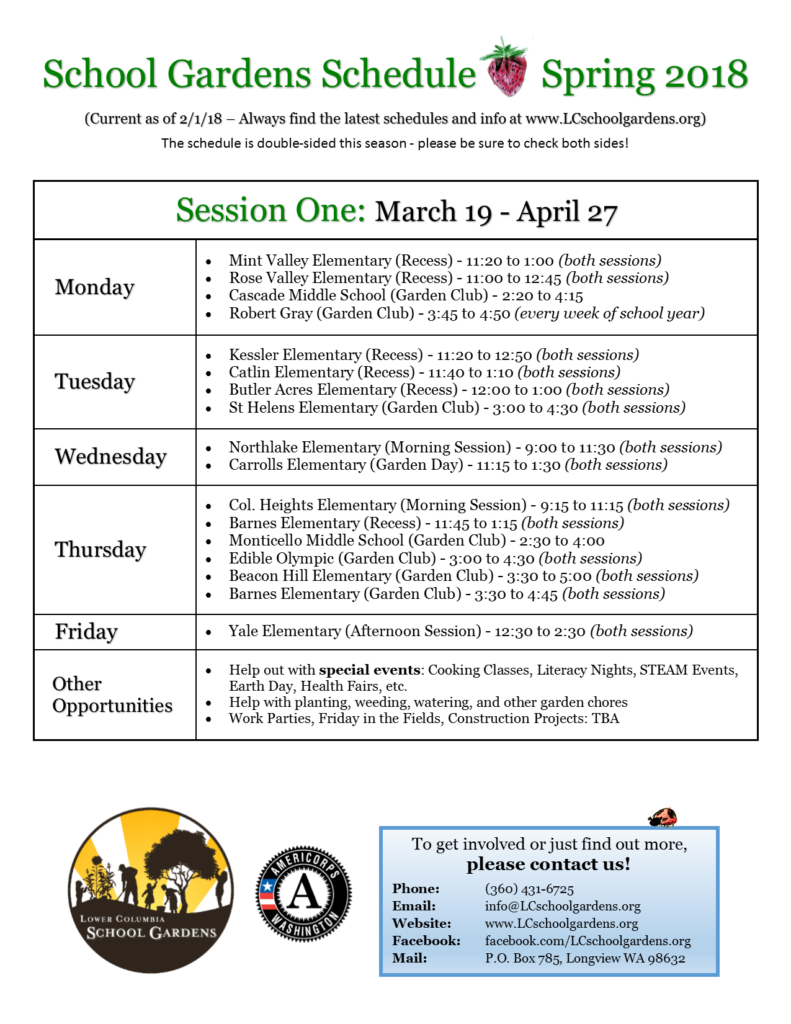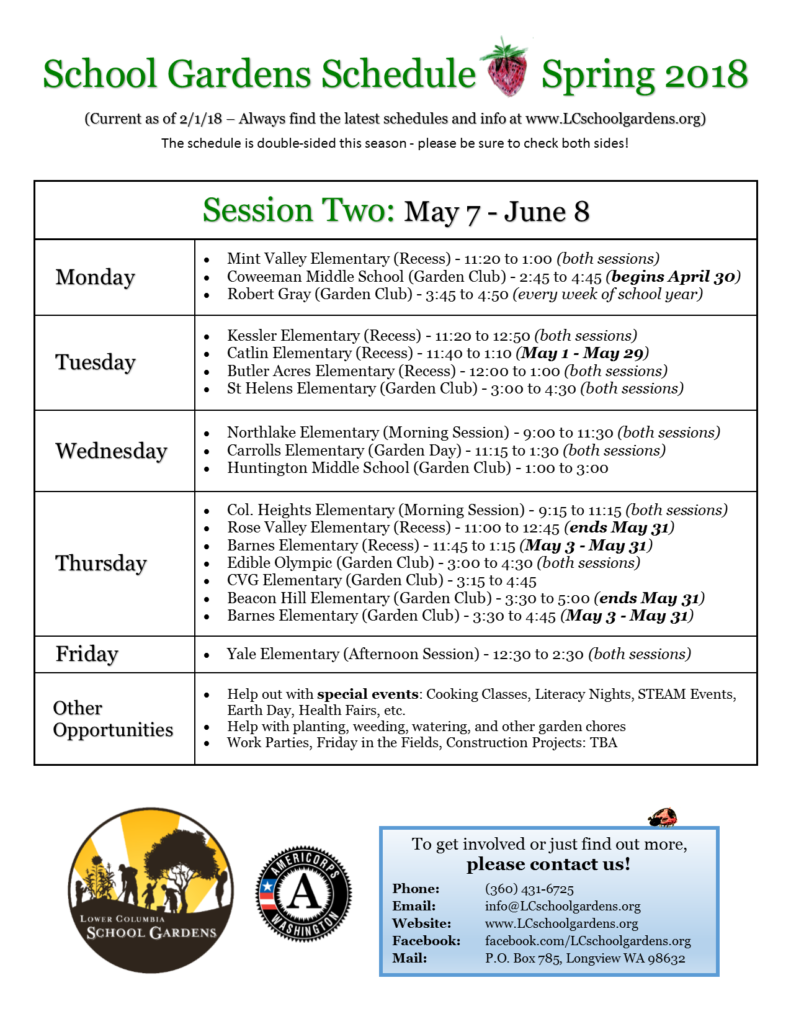The Edible Schoolyard Project recently sent out another email that echoed a lot of what our team has been feeling over the past few weeks.
Families may be wanting to talk about racism and the issues surrounding it, but aren’t sure how or where to start — this link will take you to the full message from Edible Schoolyard Project, which includes some questions and ideas for engaging in conversations with the young people in our lives. Even if you aren’t having conversations about racial injustice and the protests happening all over the world, the young people in your life are almost certainly aware of what’s going on to some degree, through social media and their friends.
“Instead, we are offering prompts for engaging your young people in processing and reflecting. The act of preparing and sharing a meal together creates the opportunity to engage organically in difficult or emotional conversations. Cooking for and with others can be an act of care, and holding space and time to eat together can bring comfort and deepen connections. If you are a parent or guardian, call a family meal. If you are an educator, hold a virtual meal/table discussion.
These prompts are in no way exhaustive or comprehensive. Rather, they are meant to provide a starting place for conversations and create openings for processing.”
https://mailchi.mp/edibleschoolyard/prompts-for-mealtime-conversations


